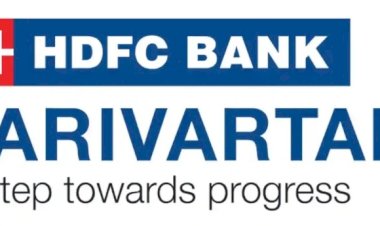Bengaluru based Qapita raises $5 million in funding round led by MassMutual Ventures

Qapita, a software-as-a-service (SaaS) startup that provides ESOPs and cap table management solutions to private companies, has raised $5 million in a funding round led by MassMutual Ventures.
The Qapita funding round also saw the participation of Hyderabad-based venture capital firm Endiya Partners and a clutch of angel investors, including Udaan co-founder Sujeet Kumar and Avaana Capital founder Anjali Bansal. Vulcan Capital and East Ventures, which had led the startup’s seed financing in September last year, also pitched in along with most of its existing angel investors like Koh Boon Hwee, Atin Kukreja, Alto Partners, Mission Holdings, Northstar Group Partners and K3 Ventures.
Founded in September 2019 by Ravi Ravulaparthi, Lakshman Gupta, and Vamsee Mohan, Qapita helps private firms and startups in India and Southeast Asia record and manage capitalization tables and employee stock ownership plans. It also aims to digitize the issuance of equity awards and shares.
“Over the last six months, more than a hundred startups have agreed to onboard with Qapita and manage their equity ownership on our software platform,” co-founder Gupta said. “We are looking to partner with various service providers including law, accounting, and company secretarial firms.”
The SaaS startup plans to use the funds raised to hire engineering talent, accelerate product development and build clientele in India, Indonesia, and Singapore. It currently has more than 30 employees.
“Globally, we are witnessing trends that indicate a convergence between public and private markets. Capital is enabling this in the region through their solution—from cap table and stakeholder management to digital share issuances and liquidity solutions,” said Anvesh Ramineni, managing director of MassMutual Ventures, which led the Qapita funding round.
According to CEO Ravulaparthi, Qapita—through its cap table, ESOPs and liquidity solutions—wants to enable founders to not only offer equity to more stakeholders (including employees) but also provide faster liquidity. “This will enable them to accelerate the flywheel of reinvestment into the rapidly growing startup ecosystem in India and Southeast Asia,” he said.
























